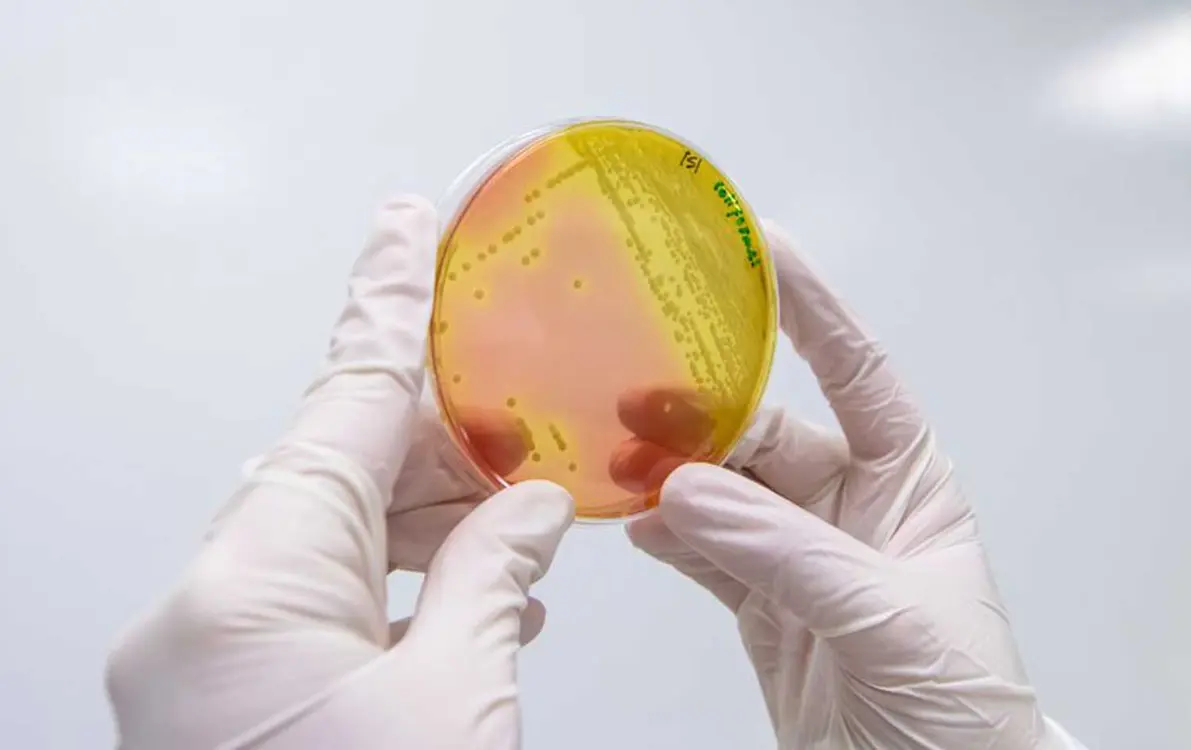- AGROSAVIA aims to position Colombia as a reference in microbial bioprospecting through scientific knowledge, innovation, and the sustainable use of biodiversity.
Bogotá, Capital District. July 31, 2025. With this purpose, the institution has designed the Strategic Bioprospecting Plan for Microorganisms, a roadmap that guides research, development, and innovation (R&D&I) activities around the sustainable use of microbial resources from the country’s agrobiodiversity. This instrument, based on corporate capabilities and global trends aligned with national public policies, proposes four objectives, nine strategies, and over 30 lines of action that promote the transformation of the agricultural sector through scientific knowledge, technology, and the bioeconomy.
Colombia has one of the greatest microbial diversities in the world. To harness this biological heritage, AGROSAVIA developed a plan that integrates scientific, institutional, and territorial capabilities, aimed at generating technologies, products, and value-added services that support the democratization of knowledge. The plan focuses on the Microorganism Germplasm Bank for Food and Agriculture (BGAA) managed by the institution, as well as other unexplored microbial resources or those already recognized for their potential diversification of uses and applications.
The plan proposes key lines of action such as:
- Strengthening bioprospecting research through transdisciplinary approaches and intra- and inter-institutional collaborations at both national and international levels.
- Developing technological capabilities in gene editing, omics technologies, bioinformatics, and the use of big data.
- Promoting strategic alliances with stakeholders from the quadruple helix (public sector, private sector, academia, and civil society) to scale technologies and consolidate bioeconomic models.
- Strengthening institutional negotiation capacities to establish partnerships that enable the development of R&D&I processes, technology transfer, and biotech-based entrepreneurship.
- Promoting social appropriation of knowledge through scientific communication strategies and participation in the development of public policies.
The plan also prioritizes capacity building in territories through participatory research, encouraging interaction between communities, producers, extension workers, and researchers to address local issues with solutions based on applied microbiology.
Ivette Marcela Cabrales Campo, researcher from AGROSAVIA’s Bioprospecting Group, stated: “With this initiative, AGROSAVIA reaffirms its commitment to the bioeconomy, environmental sustainability, and the transformation of the Colombian countryside, positioning microbial bioprospecting as a strategic axis to face global challenges such as climate change, food security, and antimicrobial resistance.”
- More information here:
- Ivan David Alba Hidalgo
- Communications, Identity and Corporate Relations Professional
- Headquarters
- Communications, Identity and Corporate Relations Advisory Office
- ialba@agrosavia.co
- AGROSAVIA





